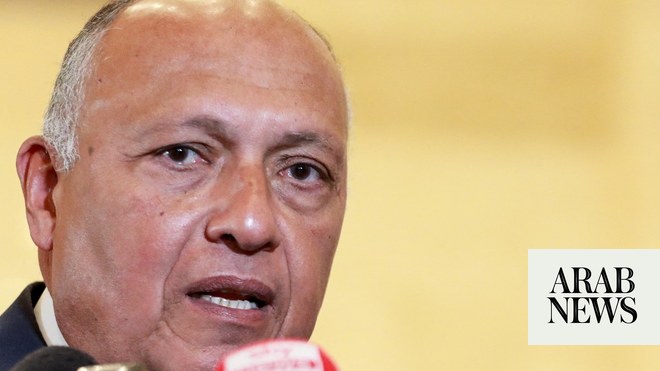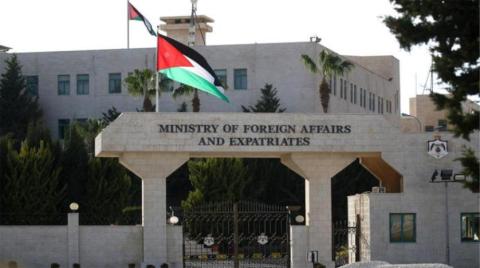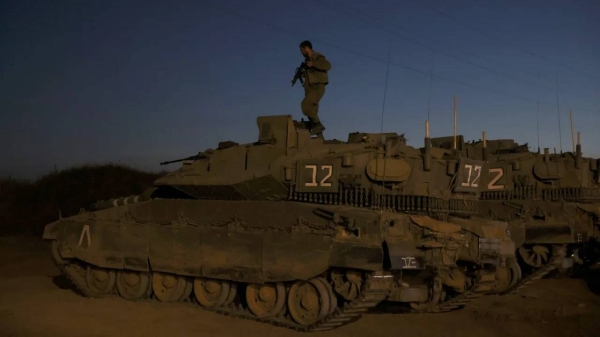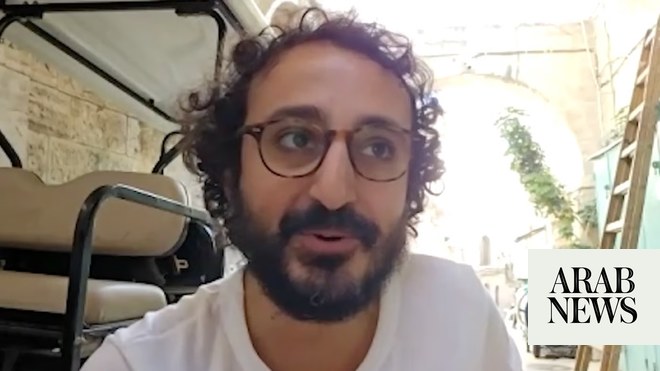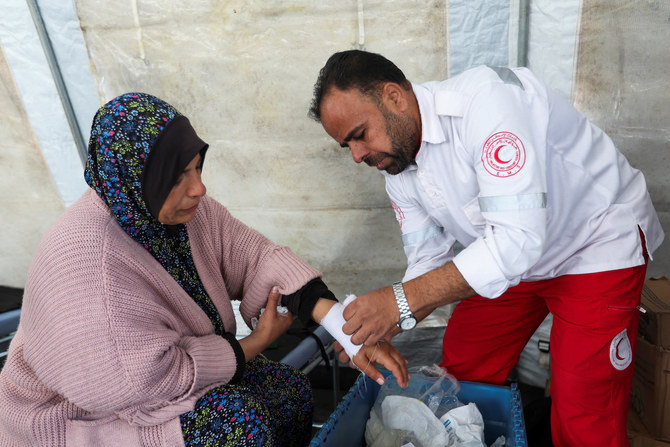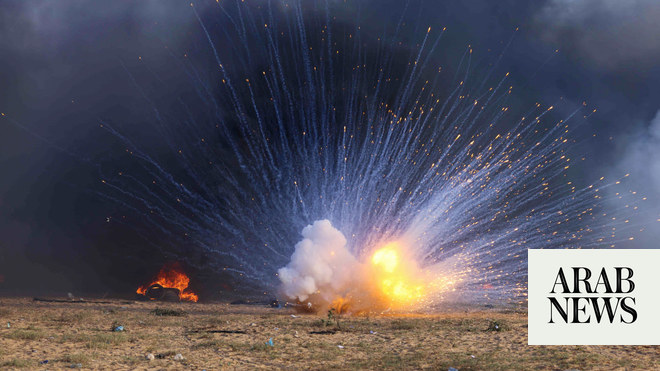
Israeli warplanes struck numerous sites in the Gaza Strip on Friday in what Israel said was a preemptive strike against Palestinian factions allegedly planning rocket strikes at targets in Israel.
Palestinian health officials reported that up to 10 people died in an initial barrage which killed the commander of Islamic Jihad, Tayseer Jabari, in the north of Gaza. Among the fatalities was an eight-year-old girl.
Both Islamic Jihad and Hamas, which rules the Gaza Strip, vowed to retaliate, raising the spectre of another summer war. If hostilities escalate, it would mark the fourth war in Gaza since 2008. Several smaller skirmishes have also been fought.
As night fell, Islamic Jihad appeared ready to increase the stakes, pledging a no-holds-barred confrontation and saying that Tel Aviv would “taste rockets”. Israel said it killed 10 Islamic Jihad militants in the opening stages of its assault. It urged residents near the Gaza border to move to bomb shelters.
Earlier in the week, Israeli forces cleared areas near the Gaza Strip in preparation for possible retaliation for their capture of Islamic Jihad’s commander in the West Bank, Bassam al-Saadi, in a raid in Jenin on Monday.
Islamic Jihad had in fact not responded to the arrest of al-Saadi, one of the organisation’s most senior figures, and had instead made demands for proof that he had not been mistreated, as well as demanding the release of several detained militants and an end to the blockade of Gaza.
Israeli military leaders named the surprise assault Breaking Dawn, suggesting a prolonged operation rather than a surgical strike. However, Egyptian officials said they had been warned about a smaller-scale assault. Large numbers of troops and armour were moved to the Gaza border on Friday afternoon.
Earlier, the Israeli defence minister, Benny Gantz, had visited communities along the frontier and alluded to the offensive to come. “We are taking actions to remove the threat from this region,” he said
“We will operate with internal resilience and external strength in order to restore routine life in Israel’s south,” he said. “We do not seek conflict, yet we will not hesitate to defend our citizens, if required.”
Hamas has ruled Gaza since a brief war with rival faction Fatah in 2007 and continues to hold sway over many aspects of life in the strip. Hamas and Islamic Jihad have each fired rockets into southern and central Israel during rounds of fighting. Israeli warplanes, meanwhile, have destroyed buildings and infrastructure which they say were being used by militants to wage war.
Gaza has remained under blockade by Israel and Egypt since the Hamas takeover, with strict conditions on who comes and goes to the area and which materials are allowed to enter. Rights groups and NGOs regularly report that the blockade amounts to collective punishment of a population that has little freedom of movement.
Israel says that Palestinian militants receive regular weapon shipments from Iran. Last month, a naval ship targeted a fishing boat off the Gaza coast, claiming it was conducting a gun-run from Egypt.
Israeli protesters had earlier on Friday tried to march towards Gaza demanding the return of captive Israeli citizens and the Hamas-held remains of two Israeli soldiers killed during the 2014 war.
The fate of the Israelis has remained central to negotiations over Gaza ever since. TwoIsraeli citizens are being held in Gaza, one of whom appeared in a video several months ago, apparently in a hospital bed.
Hamas is believed to want to trade the Israelis for an unspecified number of prisoners held in Israeli jails. Such releases have been a feature of truce deals during past conflicts. Egypt has mediated numerous rounds of fruitless talks between the two sides.
Airstrikes on Gaza intensified in the evening, with Israel claiming to be targeting Islamic Jihad observation posts. The militant group had not responded to the attacks several hours after they were launched.
Gaza’s underground tunnel network, which has been central to the movement of its armed factions, has largely been rebuilt after a 10-day Israeli assault in May last year. Hamas announced their support for Islamic Jihad and said they would also respond to the strikes. “The resistance, with all its arms and military factions, is united in this campaign and will have the last word,” the group said in a statement.





